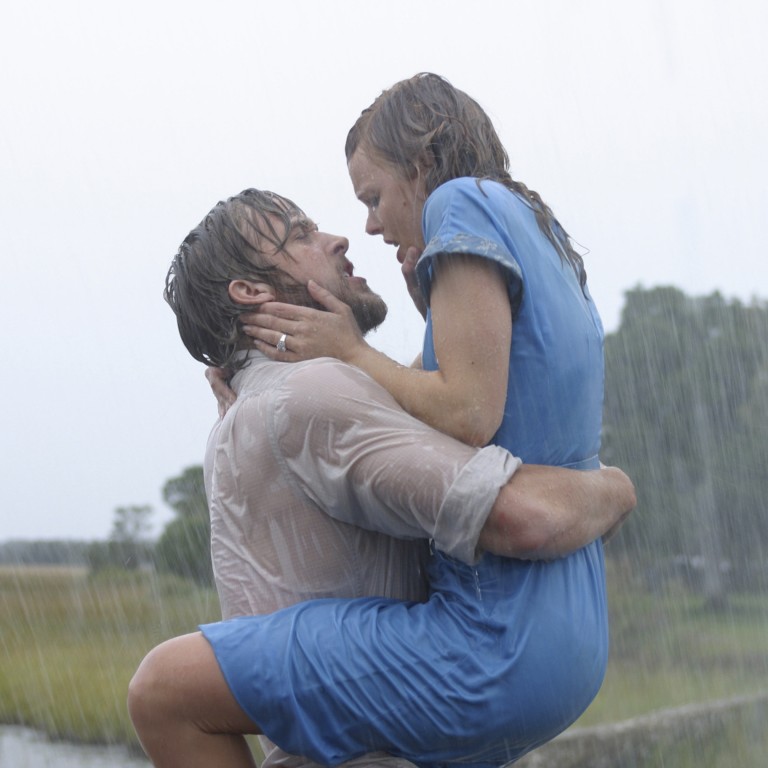
End your toxic relationship with romance – love doesn’t have to be a roller-coaster ride like in The Notebook or a Disney film
- We’ve been conditioned to believe that true love involves overcoming great trials, a fantasy that has long been perpetuated by the media
- There are signs we’re waking up – in South Korean dramas, ‘second lead syndrome’ denotes when viewers fall for the nice, supportive guy who doesn’t get the girl
Let 2022 be the year you end your toxic relationship with romance.
The media has, for years, sold the fantasy that the path to true love treads inevitably bumpy grounds. We’re addicted to the drama and if there isn’t any, it’s boring and dull.
Nothing can ever be easy or pain-free – is it truly an epic romance film if there isn’t a scene where two people passionately declare their feelings for one another, or have a raging argument in the rain followed by a passionate make up kiss?
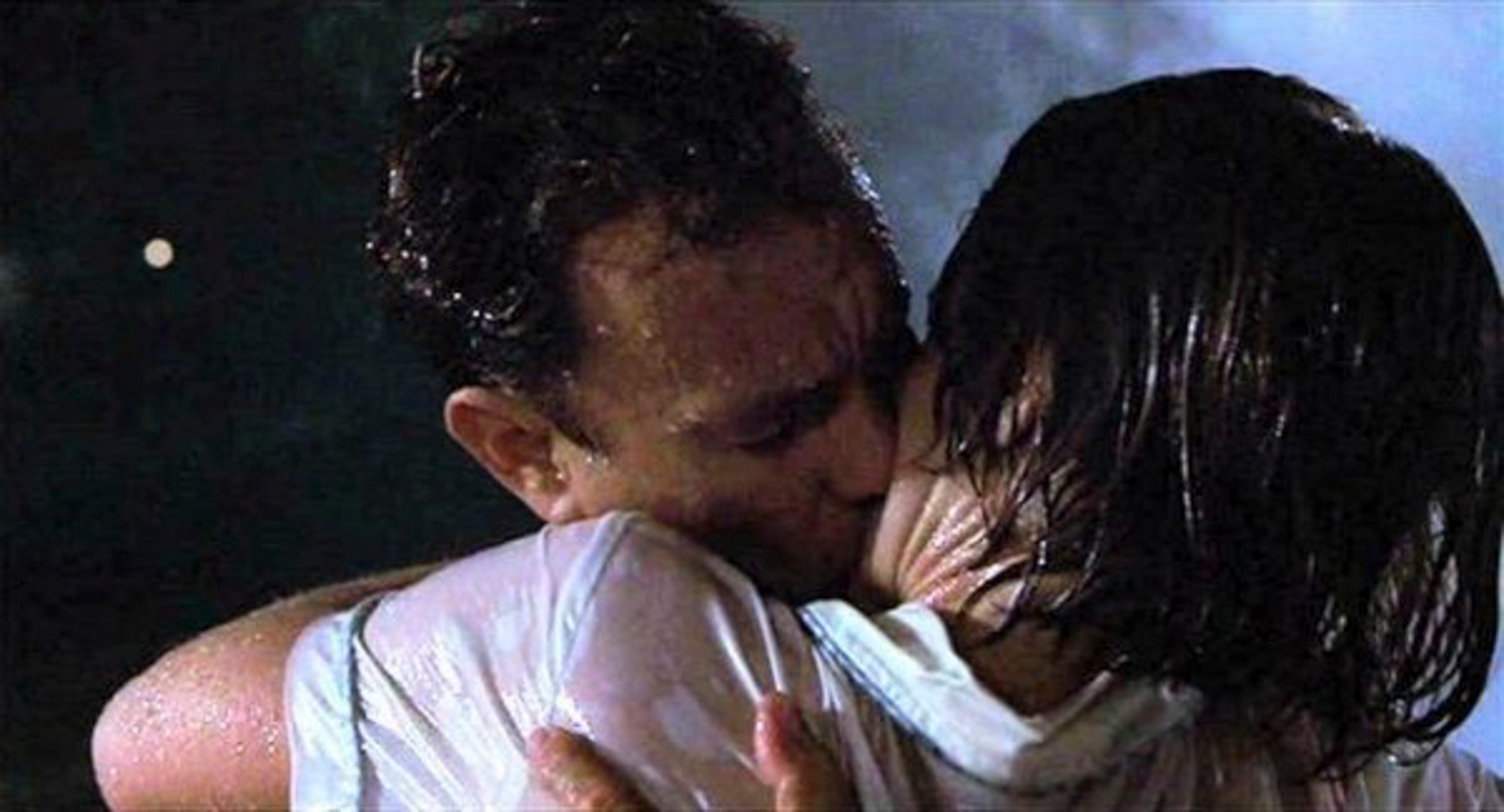
We can’t get away from it in songs, either. US pop princess Taylor Swift’s 2008 track The Way I Loved You is a great example of how we tend to seek the exciting over the reliable. Rather than the guy she is dating, who is “incredible” and tells her she’s beautiful, she says she misses “screaming and fighting and kissing in the rain” and being “so in love that you act insane” with her ex.
I’ve come to love the “charming and endearing” that Swift eschewed in 2008, and I think the singer has, too. Most of us have done the “cursing your name” bit, and the toll it takes on your emotions is decidedly not worth it.
Why we need more sex and better sex, according to a sex coach
That’s not to say that love is always plain sailing. Sometimes, it just isn’t – and that’s OK. Belt out Celine Dion’s All By Myself all by yourself at home like Bridget Jones – no one is watching, and you do feel better for it. We are allowed to feel sad when sad things happen.
The point is, though, that songs, films and television shows champion a particular type of love story – triumphing over all issues and overcoming great trials – and we’ve come to expect that sort of thing in our own lives. If we don’t, we seek it out. (Or maybe that’s just me again?)
As a society, we do seem to be waking up to how painfully toxic that singular view on love can be.
In South Korean dramas, the term “second lead syndrome” denotes when a viewer begins to fall for the second lead who doesn’t get the girl. He tends to be nice, supporting and suffers his love for the main character in noble silence. In reality, we want that – someone sweet, lovable and just plain kind.
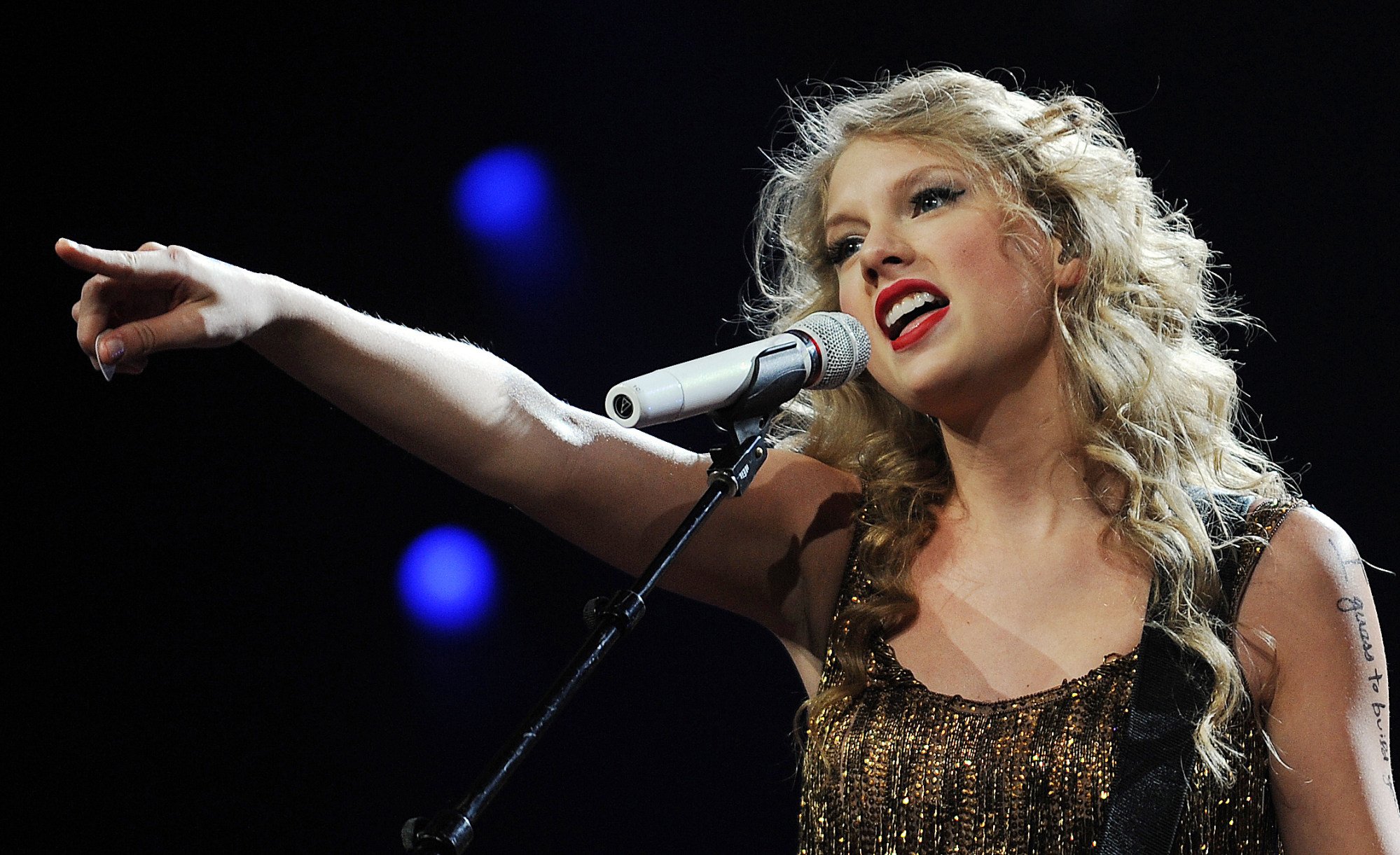
As a show writer, it makes sense to end a narrative arc with the two main characters getting together. It has been built up, so it would probably look very out of left field to have her end up with the loyal best friend who has always been there for her, or who has always adored her and would never treat her badly. No, I’m not still bitter about Reply 1994, why do you ask?
On the other hand, Ross and Rachel from Friends should probably never have gotten back together, despite him also being her best friend who has always adored her. The pedestal that Ross placed Rachel on was so precarious that she was doomed to disappoint him for, you know, being human. Screw you, Ross – Chandler was always my favourite anyway.
For many of us, even Disney gave us unrealistic relationship expectations. There’s true love’s kiss and there’s happily ever after, and promising to marry the first person to rescue you (though I’ll give you that Enchanted turned that one on its head). There’s a villain to overcome, and there’s the idea that the perfect someone is out there – it all adds up to an idealised view on romance that we might not even be conscious of enforcing in our own lives.
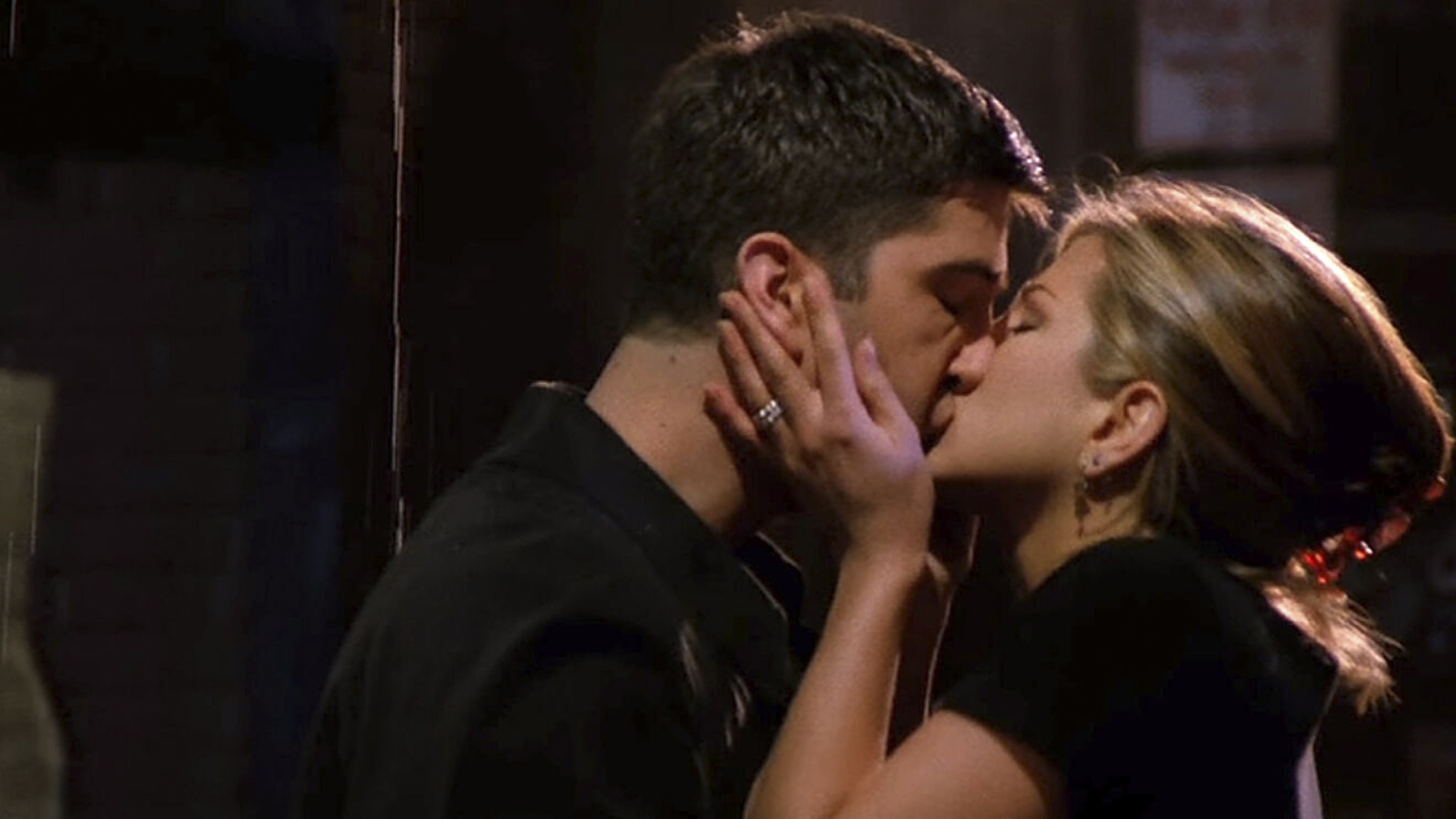
You can be madly in love with someone and not have it be a dramatic roller-coaster of a relationship but, on television, we want to see something happen that throws a spanner in the works.
Someone cheats, because once you get past the will-they-won’t-they stage of the relationship, the ratings will take a dip. There needs to be something that happens because otherwise it’s boring. We expect to feel crazy stupid love all the way throughout an entire relationship, when in reality it’s one stage of many.
Dramatic love stories aren’t a problem when they remain fiction. As far as tragic romances go, there’s none more famous than William Shakespeare’s 1597 play Romeo and Juliet, and the idea of two people falling in love from opposing families or from different strata in society has filtered down through countless other tales. We love to watch it unfold. We revel in how it makes us feel. Equally, though, we don’t want to actually enact that in reality. Spoiler alert: they both end up dead.
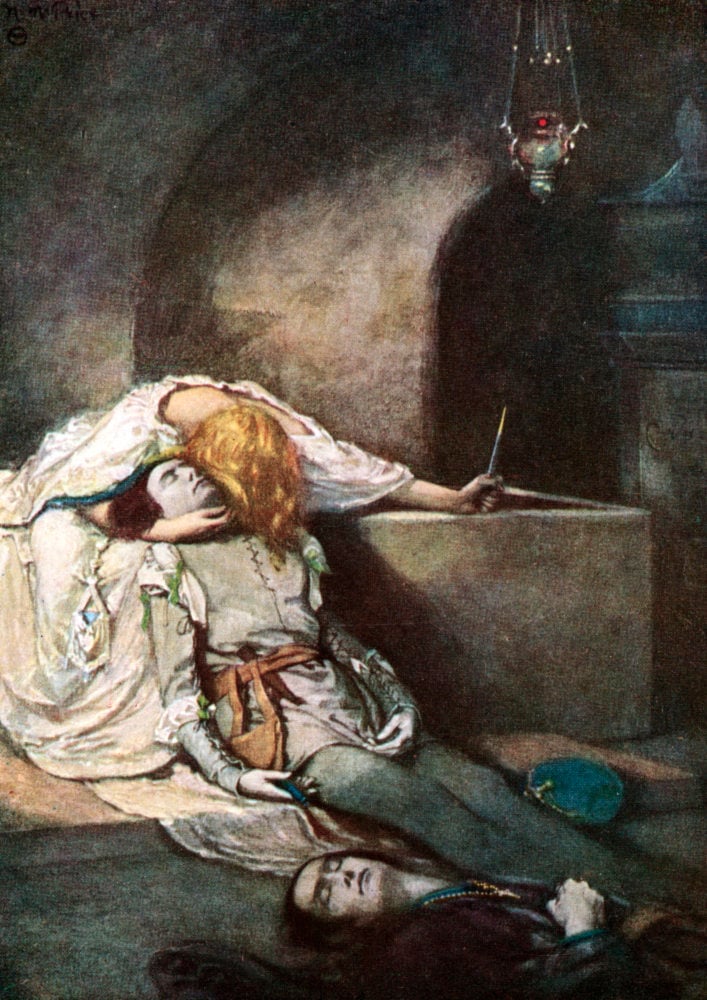
Maybe this year, we learn to let go of the idea that our own relationships ought to reflect those we see on our screens (and I say that as a huge fan of romcoms and dramas). Let the stories be just that – stories – and let us seek out healthy love that might not be Oscar-worthy, but is worth living with.
After all, we don’t want someone who is willing to hang off a Ferris wheel to score a date with you (we’re looking at you, Noah, don’t be such a creep). We just want someone who will watch true-crime documentaries with us at home on a Friday night.
That’s not boring – that’s love.

